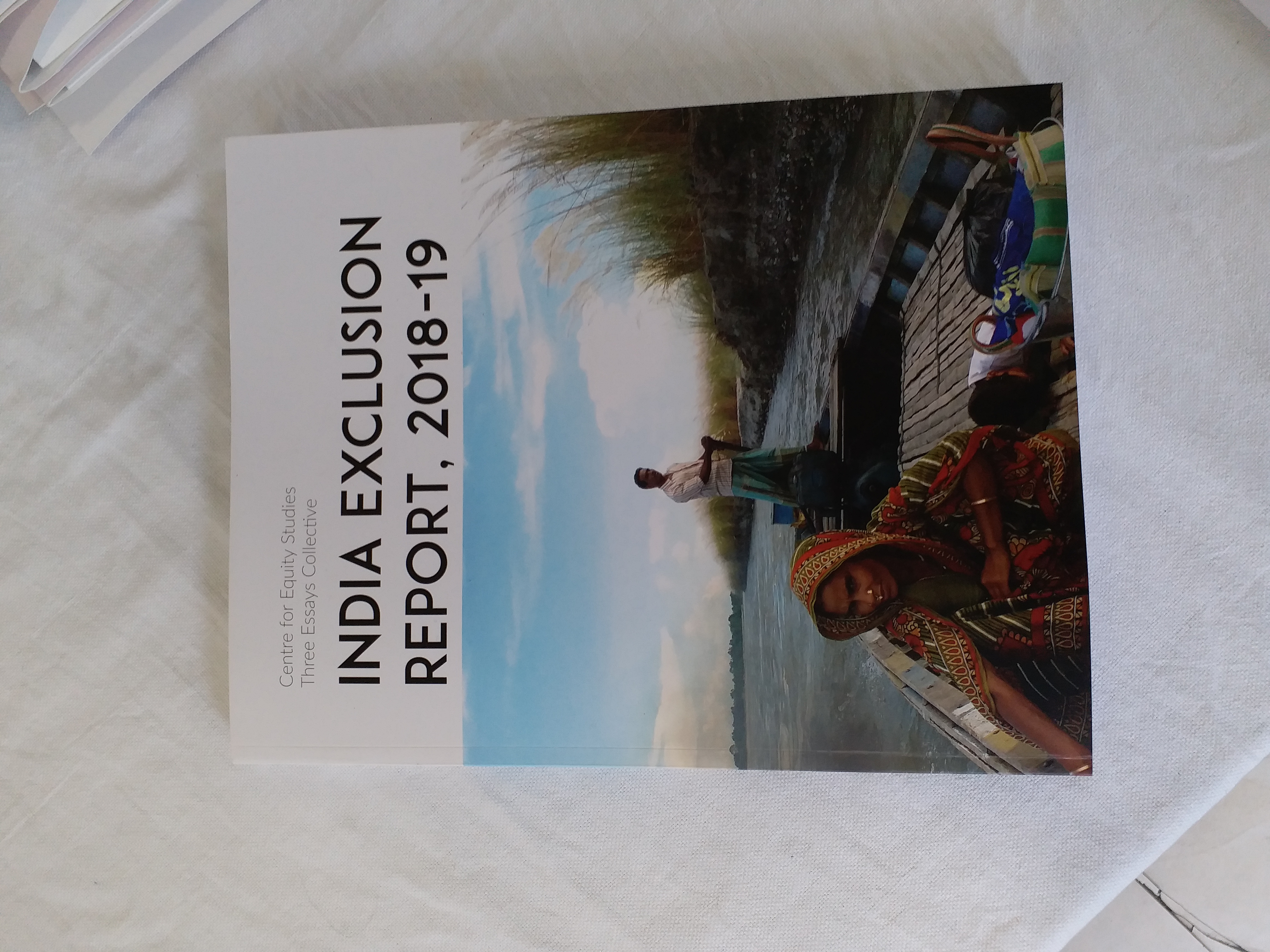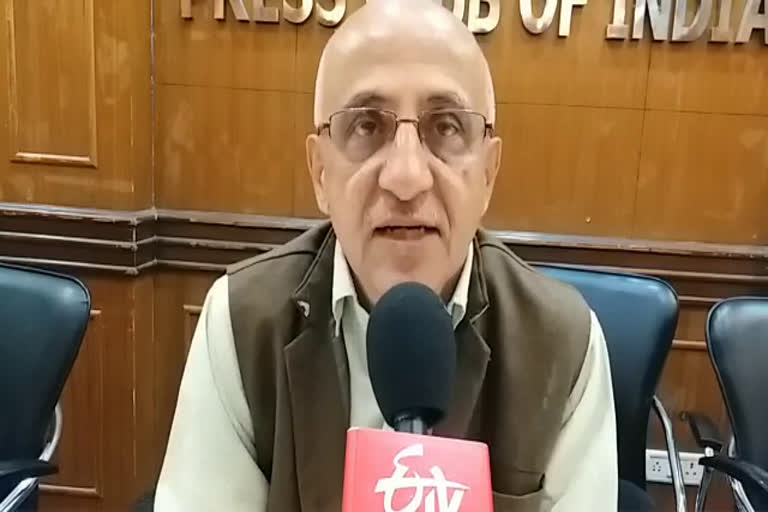New Delhi: Ideally people should be spending much less than two hours per day in their commute to work. It includes 16% of walking, 13% of bicycle riding and 12-27% in mechanised modes.
According to the India Exclusion Report 2019 released by the Centre for Equity Studies (CES) in New Delhi on Tuesday, "exclusion takes place when people are forced not to travel, limit their travel, or spend too much time or money."

The 5th edition of the India Exclusion Report 2019 was released on Tuesday in New Delhi. Speaking on the occasion, Centre for Equity Studies director Harsh Mander said, "this endeavour began six years back as an attempt to examine the role of the State in public provisioning, and to generate public concern and debate on the many profound and widespread forms of exclusion, injustice and exploitation in Indian society."
The India Exclusion Report 2019 begins with profiling of 'vulnerable groups' like Char residents of Assam. Abul Kalam Azad, author of this chapter while giving brief introduction of his report spoke of the particularly biased attitude towards the Char dwellers who are considered "foreigners" or "illegal migrants" which effectively bulldozes their rights to have rights.
Dinesh Mohan, author of the chapter on public transport explained how the access to work, learning, healthcare, food or socio-cultural activities are all shaped by one's easy and affordable access to public transport. He criticized a particular model of development that was sway today on the state in which the poor who are most in need of easy and affordable access to work end up being thrown to the peripheries of the city; in which gated colonies (like even JNU, IIT) affects mobility particularly for the poor and how our public spaces (including buses and footpaths) are dominated by the male gaze making it inaccessible for women.
Atul Sood, who was one of the authors of the chapter on employment highlighted the need to change the discourse around jobs in India. He spoke about how the tall talks about the growth that leads to a fanciful imagination have in fact abysmally failed to generate employment.
The India Exclusion Report 2019 also examines exclusion in the budgetary and planning process, with a focus on GST reforms. The report then reviews exclusion with respect to public goods in the areas of the social sector, labour and legal justice.
Read more:New retail policy: Minimum 100 petrol pumps, 5% in remote areas



